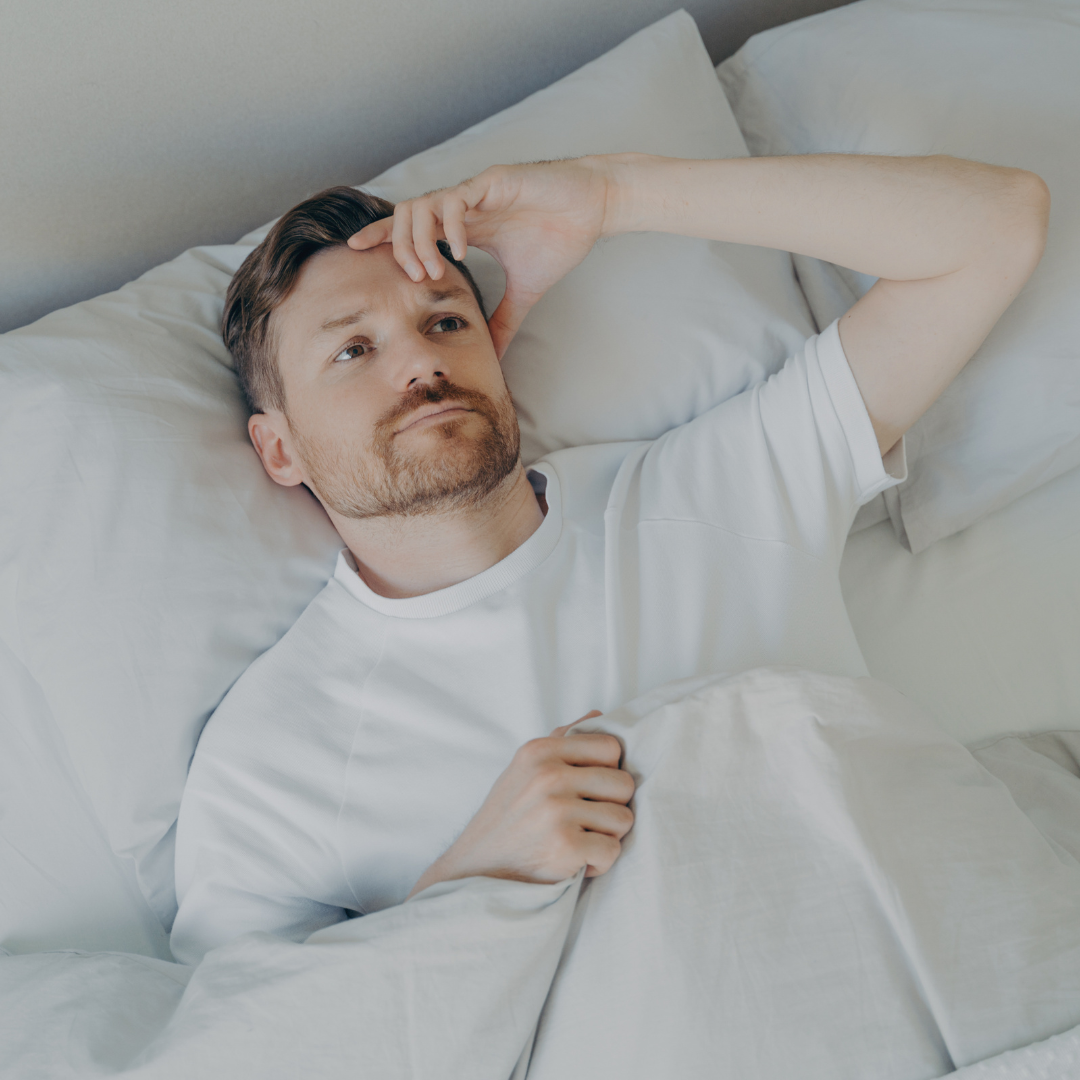If you suspect you have sleep apnea, there are two primary self-testing options available. Polysomnography (PSG), conducted in a sleep lab or using portable devices, is the comprehensive gold standard test. Home Sleep Apnea Testing (HSAT) offers a convenient screening option. Recognizing symptoms and seeking professional guidance are crucial steps toward diagnosing and treating sleep apnea. This article explains the testing methods, symptoms that warrant evaluation, and the advantages of early diagnosis and treatment.
Testing Methods
- Polysomnography (PSG): PSG is a comprehensive test performed in a sleep lab or using portable devices. It measures brain activity, heart rate, breathing, and oxygen levels during sleep.
- Home Sleep Apnea Testing (HSAT): HSAT, conducted at home, is a less comprehensive but effective screening method. It measures heart rate, breathing, and oxygen levels while you sleep. Results are typically available within a few days.
Symptoms Indicating the Need for Testing
If you experience the following symptoms, it is crucial to consult a doctor for sleep apnea testing:
- Loud snoring
- Gasping or choking during sleep
- Frequent awakenings throughout the night
- Daytime fatigue
- Difficulty concentrating
- Memory problems
- Mood swings
Benefits of Testing for Sleep Apnea
Testing for Sleep Apnea offers numerous benefits for your overall health and well-being:
- Early Diagnosis and Prevention: Timely identification and treatment help prevent complications such as heart disease, stroke, and high blood pressure.
- Improved Sleep Quality and Energy Levels: Treatment enhances sleep quality, boosts energy levels, and can lead to improved mood, concentration, and memory.
- Reduced Risk of Accidents: Effective treatment reduces the risk of accidents, including car crashes, by addressing daytime fatigue and enhancing alertness.
Conclusion
When suspecting sleep apnea, self-testing provides valuable insights into your condition. Polysomnography (PSG) is a comprehensive test conducted in a sleep lab or using portable devices, while Home Sleep Apnea Testing (HSAT) offers a convenient screening option. Recognize symptoms such as snoring, gasping, frequent awakenings, daytime fatigue, and concentration issues as signs of potential sleep apnea. Early diagnosis and treatment help prevent complications, improve sleep quality, energy levels, and reduce accident risks. Consult with a healthcare professional to determine the most suitable testing method for your individual needs.



